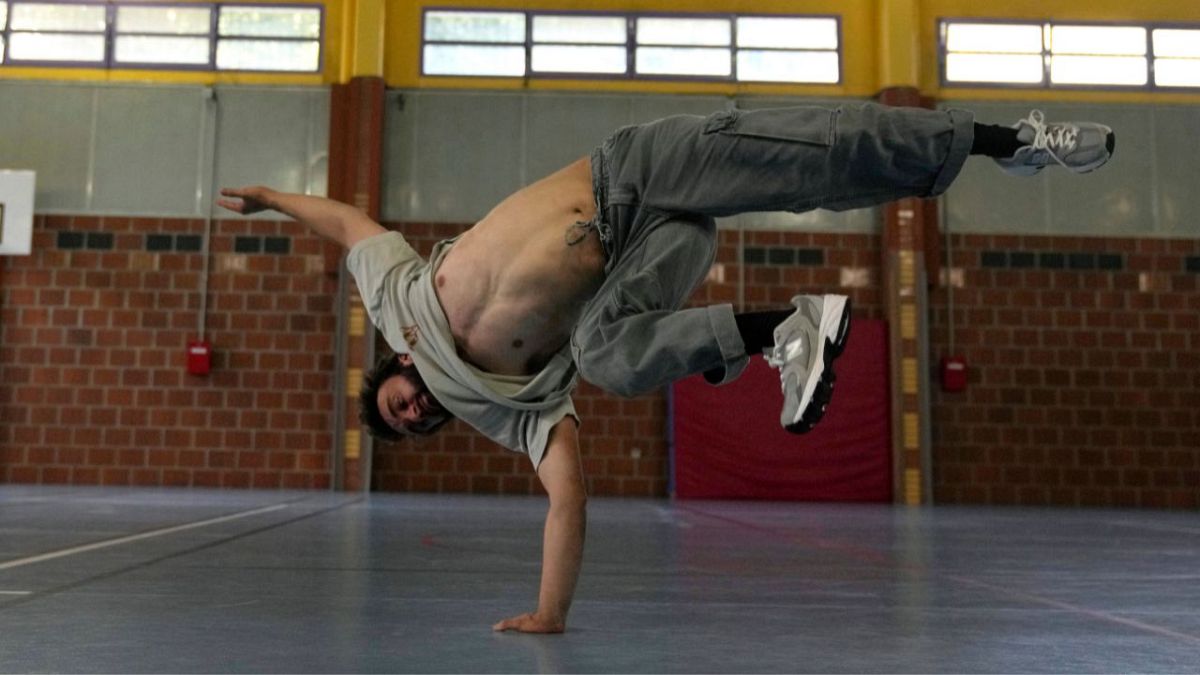As breakdancing, or breaking, is about to make its Olympic debut, the sport did not make it to the Paralympics. Some call out its exclusion, contrasting with the sport's egalitarian beginnings.
Paralympic athletes will not be able to compete in breakdancing as the sport was excluded from this year's event — unlike in the Olympic Games, where it is set to kick off on Friday.
The newest sport in the Paris 2024 Olympics is a combination of dance and martial arts that has its roots in the working-class and underprivileged communities of New York in the late 1960s and early 1970s.
While including Junior Bosila Banya, one of France's biggest breakdancers with a disability as an Olympic torchbearer was celebrated, some called out the "subconscious prejudices" for excluding breakdancing — a sport all about equal opportunities — and its athletes from the Paralympics.
"In the Paralympics, it is very noticeable that 'artistic' sports are excluded. Possibly, this is because 'artistic' sport is related to 'beauty' in our cultural history," said the associate professor in Special Needs Education, Disability and Inclusion at the University of Exeter.
Simon Hayhoe added: "Disability is not seen as 'beautiful' and so it appears that we exclude people from events where 'beauty' is prized and celebrated."
Euronews questioned the International Paralympic Committee (IPC) questioned about
Does breakdancing need to be adapted to athletes with disabilities?
Breakdancing, or breaking, has been practised for decades by people with disabilities. Studies show that this art form can help with balance and overall mobility.
"It is also potentially very socially inclusive as all you need is a mat, a body and the courage to perform the moves," said Hayhoe.
The International Paralympic Committee (IPC) has also witnessed breakdancing in their competition before.
Russian athlete Maksim Sedakov performed this sport at the 2009 Wheelchair Dance Sport competition in Hong Kong.
Adapting from a traditional Olympic format to a Paralympic level would involve creating different categories depending on the disability — similar to the weight classes in sports like boxing — rather than changing the art form.
"There could be different classes of breaking for the Paralympics, such as people with visual impairments and people with impaired limbs, as it would be sensible to make the competition equal for those competing in different classes," said the associate professor of the University of Exeter.
In the end, the issue might be purely technical: according to the IPC, the sport cannot apply to be part of the Paralympic programme because the World Dance Federation, which governs breakdancing competitions, is not a recognised international federation by the IPC.
This story was updated to include the IPC's reply.












